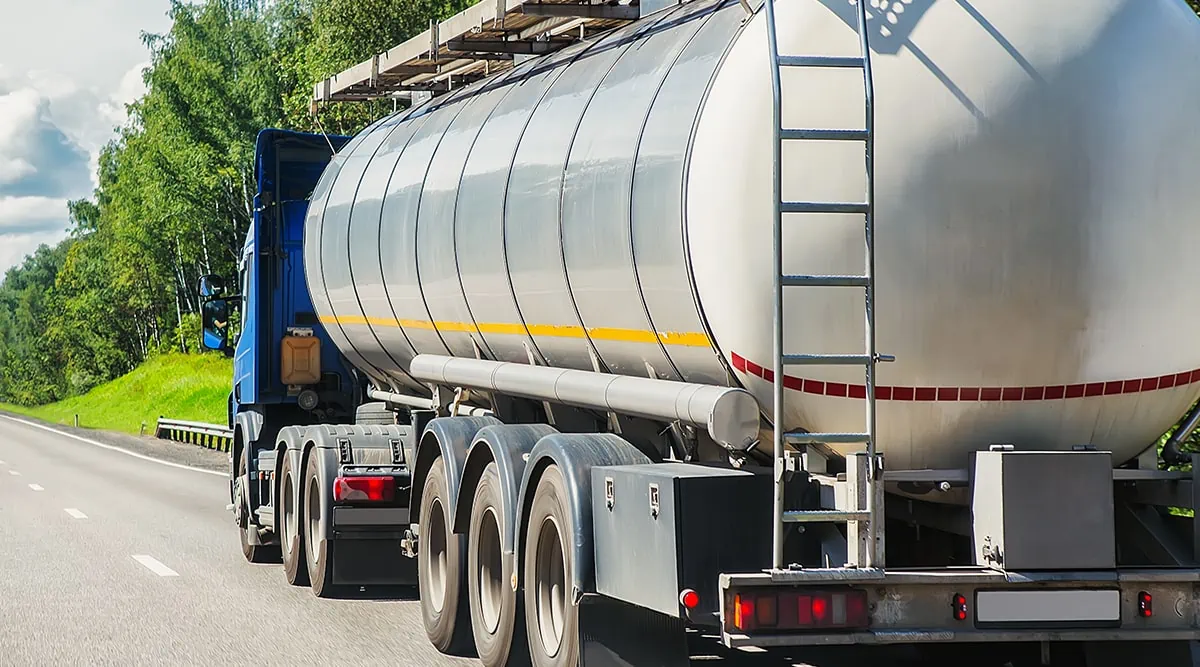5 Simple Techniques For Reclaim Waste
Table of ContentsGetting My Reclaim Waste To WorkSome Known Incorrect Statements About Reclaim Waste A Biased View of Reclaim WasteThe 6-Minute Rule for Reclaim WasteThe Ultimate Guide To Reclaim Waste
Check out the types, events, and kinds of fluid waste. Domestic sewer waste describes the waste and products from a household septic system. This type of waste is developed by people in residences, institutions, and other structures. This only consists of sewage-disposal tanks that have a drain area. The correct management and disposal of residential sewage waste require fluid waste to be transferred to a sewer therapy plant where the proper approaches and tools are used to purify and throw away waste.
Business waste often consists of possible risks, such as combustible materials or a mixture of fluid and strong waste items, and requires an advanced and thorough disposal procedure. The disposal of commercial waste commonly involves the purification of waste before transport to guarantee safe and correct disposal. Hazardous waste is produced from byproducts and overflow of commercial procedures and production.
This type of waste can not use the very same sewage monitoring transport or processes as septic or business fluids. The commercial waste administration process needs the inspection and screening of fluid waste prior to it undergoes the disposal procedure (industrial wastewater treatment). Runoff waste is the liquid waste that comes from runoff and excess stormwater in extremely inhabited areas or cities
Drainage waste can create contamination and flooding if not dealt with appropriately. Discover more concerning sewer cleansing and waste administration. Making sure appropriate waste monitoring can protect against calamities and reduce ecological damage. Both people in household settings and experts in commercial or production markets can take advantage of comprehending the procedures and regulations of fluid waste monitoring.
The Definitive Guide to Reclaim Waste
Contact PROS Providers today to find out about our waste management and disposal solutions and the proper ways to look after the liquid waste you generate.
Do you recognize what happens to your water when you end, purge the toilet or drain the washing device? No? Well, it's worth understanding. This supposed 'wastewater' is not just a crucial source yet, after therapy, will be released to our land, rivers or the ocean. Used water from commodes, showers, baths, kitchen sinks, washings and industrial procedures is referred to as wastewater.

water utilized to cool down machinery or tidy plant and equipment). Stormwater, a kind of wastewater, is runoff that moves from agricultural and urban areas such as roofing systems, parks, gardens, roadways, courses and rain gutters right into stormwater drains, after rainfall. Stormwater flows unattended directly to neighborhood creeks or rivers, eventually getting to the sea.
Unknown Facts About Reclaim Waste
In Queensland, many wastewater is treated at sewer treatment plants. Wastewater is transported from domestic or industrial sites through a system of sewers and pump terminals, known as sewerage reticulation, to a sewage treatment plant. City governments develop, preserve and run most sewer treatment plants. Operators are accredited under the Environmental Security Act 1994 to discharge treated wastewater at an appropriate environmental standard right into waterways.
The Division of Natural Resources advises city governments concerning handling, operating and maintaining sewage systems and therapy plants. In unsewered areas, regional federal governments may require homeowners to install individual or house sewer therapy systems to treat domestic wastewater from commodes, kitchens, bathrooms and washings. The Division of Natural Resources authorizes making use of household systems when they are proven to be effective.
In some brand-new subdivisions, treatment of some stormwater to eliminate litter, sand and gravel has begun making use of gross toxin traps. Wastewater treatment my blog takes place in 4 stages: Removes strong matter.
Wastewater then flows right into big storage tanks where solids work out and are removed as sludge. Oil and scum are skimmed from the surface. Utilizes small living microorganisms recognizes as micro-organisms to break down and eliminate continuing to be liquified wastes and great bits. Micro-organisms and wastes are included in the sludge. Removes nitrogen and phosphorus nutrients that can cause algal blooms in our rivers and threaten marine life.
Reclaim Waste Things To Know Before You Buy
Nutrient elimination is not available at all sewage therapy plants due to the fact that it requires expensive specialized tools. Clear fluid effluent generated after therapy may still have disease-causing micro-organisms - liquid waste disposal.

A lot of wastewater flows right into the sewage system. Under the Act, local federal governments provide authorizations and licences for eco pertinent activities (ERAs) entailing wastewater releases that could have a neighborhood effect.
Some Known Facts About Reclaim Waste.
Otherwise, examples are considered laboratory evaluation. Commonly many tests are needed to establish the degrees of each of the various pollutants such as oils, hefty steels and pesticides in water. Monitoring gives accurate info regarding water top quality and can verify that licence conditions are being fulfilled. The info gotten via monitoring supplies the basis for making water top quality choices.
Comments on “What Does Reclaim Waste Mean?”